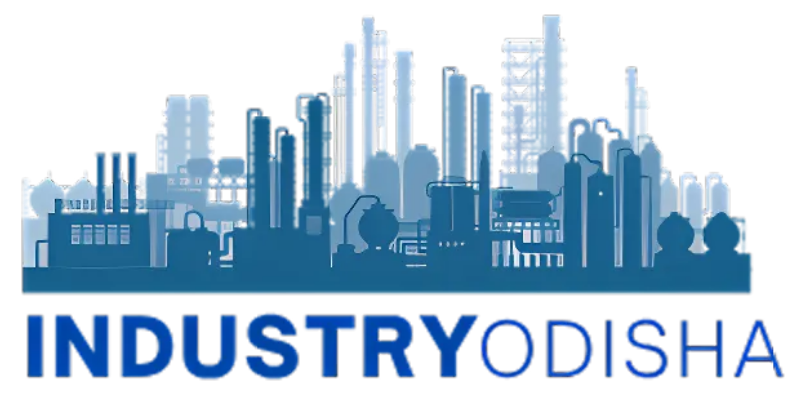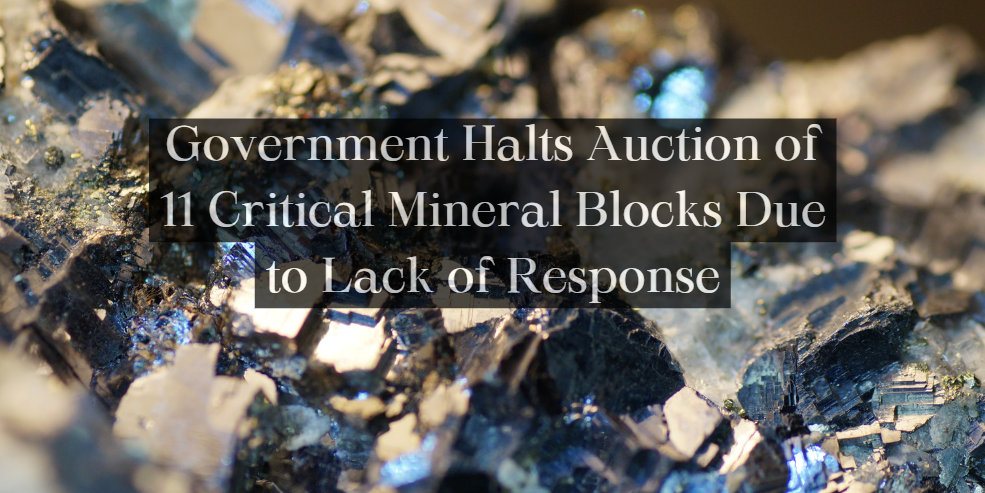The Indian government has canceled the auction of 11 critical mineral blocks in the fourth round due to insufficient response. Four blocks, located in Chhattisgarh and Arunachal Pradesh, received no bids, while seven others had fewer than three technically qualified bidders. These blocks include important minerals like tungsten and glauconite.
Critical minerals, such as cobalt, copper, lithium, nickel, and rare earths, are crucial for producing clean energy technologies, including wind turbines and electric vehicles. Despite previous efforts, auctions for three blocks in the third round, 14 in the second round, and 14 in the first tranche were also canceled due to a lack of interest. However, 24 out of 48 blocks have been successfully auctioned, including four mining leases and 20 composite licenses.
Looking ahead, India plans to launch a Critical Mineral Mission to secure essential resources for green energy and technology. This initiative will involve government, industry, and research collaboration, focusing on acquiring overseas assets, especially in Australia, and boosting domestic mining through auctions and roadshows.
Global demand for critical minerals is expected to surge. The World Bank estimates that by 2050, the production of minerals like lithium and cobalt will need to increase by nearly 500% to meet the growing demand for clean energy technologies. The International Energy Agency predicts that the rise of electric vehicles and battery storage will increase demand for these minerals by at least 30 times by 2040.
These critical minerals are also vital for the semiconductor industry, which is projected to reach a trillion-dollar global market by 2030. Ensuring a stable supply of these minerals is essential for India’s ambitions to become a global hub for semiconductor manufacturing.



